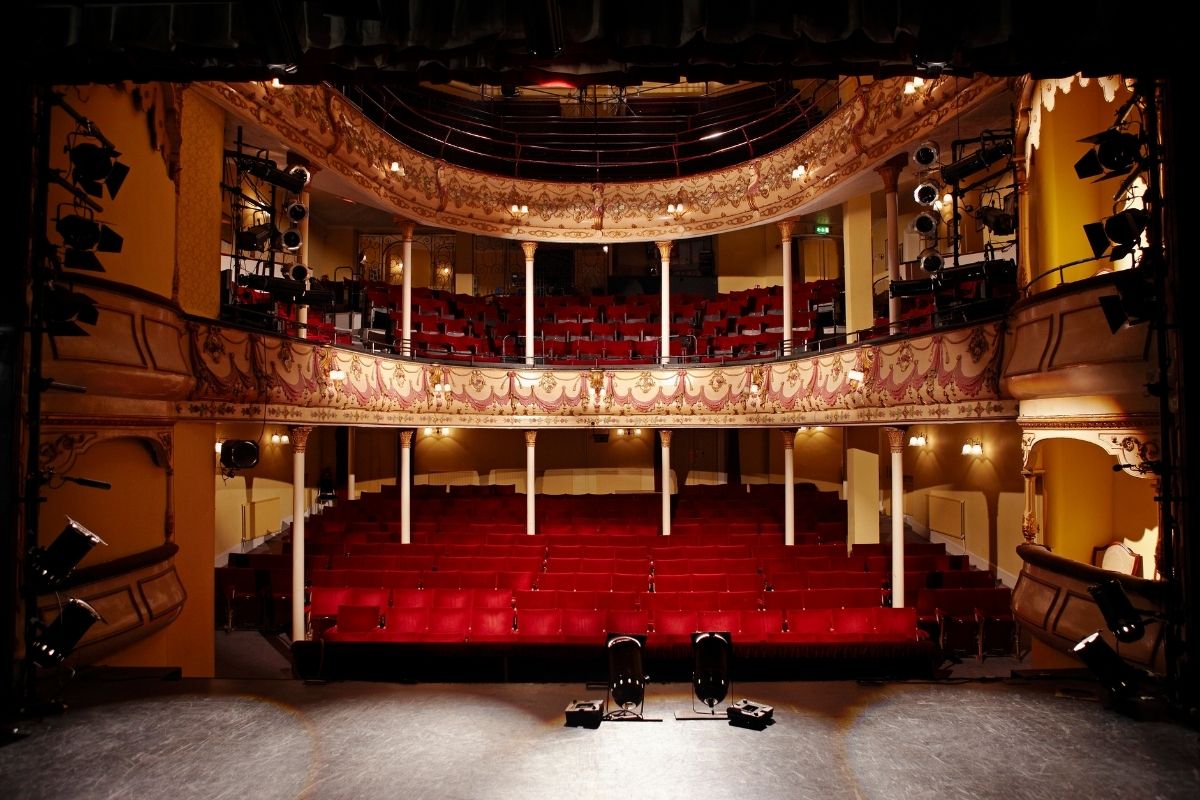Exploring the Different Genres of Theater

In the world of performing arts, there are multiple different categories, or “buckets,” of theatrical performances. We have a canon of work in which the plays are performed in what would be known as elevated language. In this bucket, you could put the plays of Shakespeare, Ben Johnson, and Christopher Marlowe. You could also put in the restoration comedies of Richard Brinsley Sheridan. You could even put in latter-day 20th-century verse plays by playwrights like Maxwell Anderson.
When it rhymes, or when the language is particularly poetic or unusual, that would certainly be one canon. And Shakespeare, for one, is still among the most frequently produced playwrights across the United States. Here in New York, we have the New York Shakespeare Festival in the public theaters that still remain committed to classical work. So that covers the first bucket.
There is also another bucket, which consists of new playwriting—plays that have not been produced previously in a professional context. Oftentimes, these plays can be written in everyday conversational language. However, of course, the language of these plays varies enormously from context to context and playwright to playwright.
For example, an Irish playwright like Seán O’Casey or a contemporary Irish playwright like Martin McDonagh would be writing in an Irish dialect, but they’re also experimenting with form enormously. So you could have a black comedy, you could have elements of horror in what is a conversational text-based play. As you can see, it gets harder and harder to actually come up with the different bucket labels for genres.
Playwrights like Ibsen and Chekhov, of course, represent a form of 19th-century naturalism, which was all about character and closely observed character. Now, certain American directors are approaching that work and staging the context in which those plays appear so that we will either discover them anew or see them differently.
Spectacle theater is represented, in some cases, by the Greeks although it is certainly possible to do an intimate production of a Greek play. There has been a tremendous interest, particularly in the last 20 years, in physical theater, in which the movement is certainly as important, or perhaps even more important, than the words.
You can learn much more about the history of theater and the many different forms it takes by exploring online performing arts education. There’s no reason why you shouldn’t be able to enjoy the benefits and lessons of performing arts education from the comfort of your own home.


